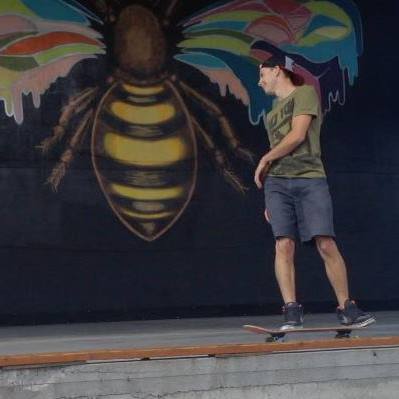Log In To Your Account
Log In With Facebook
An unprecedented number of older people are using illegal recreational drugs in the U.S., per a study which has revealed a 70% spike in cannabis use among Baby Boomers in the past decade.
“For years we’ve been worried about the potential effects of marijuana on the developing brains of teens, but now we may need a bit more focus on their grandparents, who are increasingly more likely to be current users,” said Dr. Joseph J. Palamar of New York University, one of the lead authors of the study.
Eight states, including Colorado and Oregon, as well as Washington, D.C. allow recreational marijuana use, while 28 have approved medical programs.
Researchers investigated cannabis use among those over 50 years old by evaluating responses from 47,140 U.S. adults who took part in the National Survey on Drug Use and Health. The study published in Addiction revealed a 71% increase in marijuana use among adults between 2006 and 2013, particularly among those aged between 50 and 64. Men were also shown to be more likely to use the drug than women.
“Given the unprecedented aging of the U.S. population, we are facing a never before seen cohort of older adults who use recreational drugs,” commented Dr. Benjamin Han, a geriatrician and health services researcher at NYU.
He added there is an “urgent” need to understand the prevalence of cannabis use among older generations, and how it affects their health particularly when combined with prescription drugs and other illegal substances.
“We found only five percent of these older adults felt using marijuana once or twice a week was a great risk to their health” said Dr. Joseph J. Palamar of NYU. This was despite the conception that older people are drug-adverse and view that as risky.
“Apparently very few Baby Boomers consider marijuana use risky. But after all, this was the generation who was there, in the late 1960s, when the counterculture revolution exploded marijuana into mainstream popularity.”
Most people in the study tried marijuana at the age of 18, meaning they have continued their habit since then or have started using cannabis again more recently.

A caffeine dependent life form.